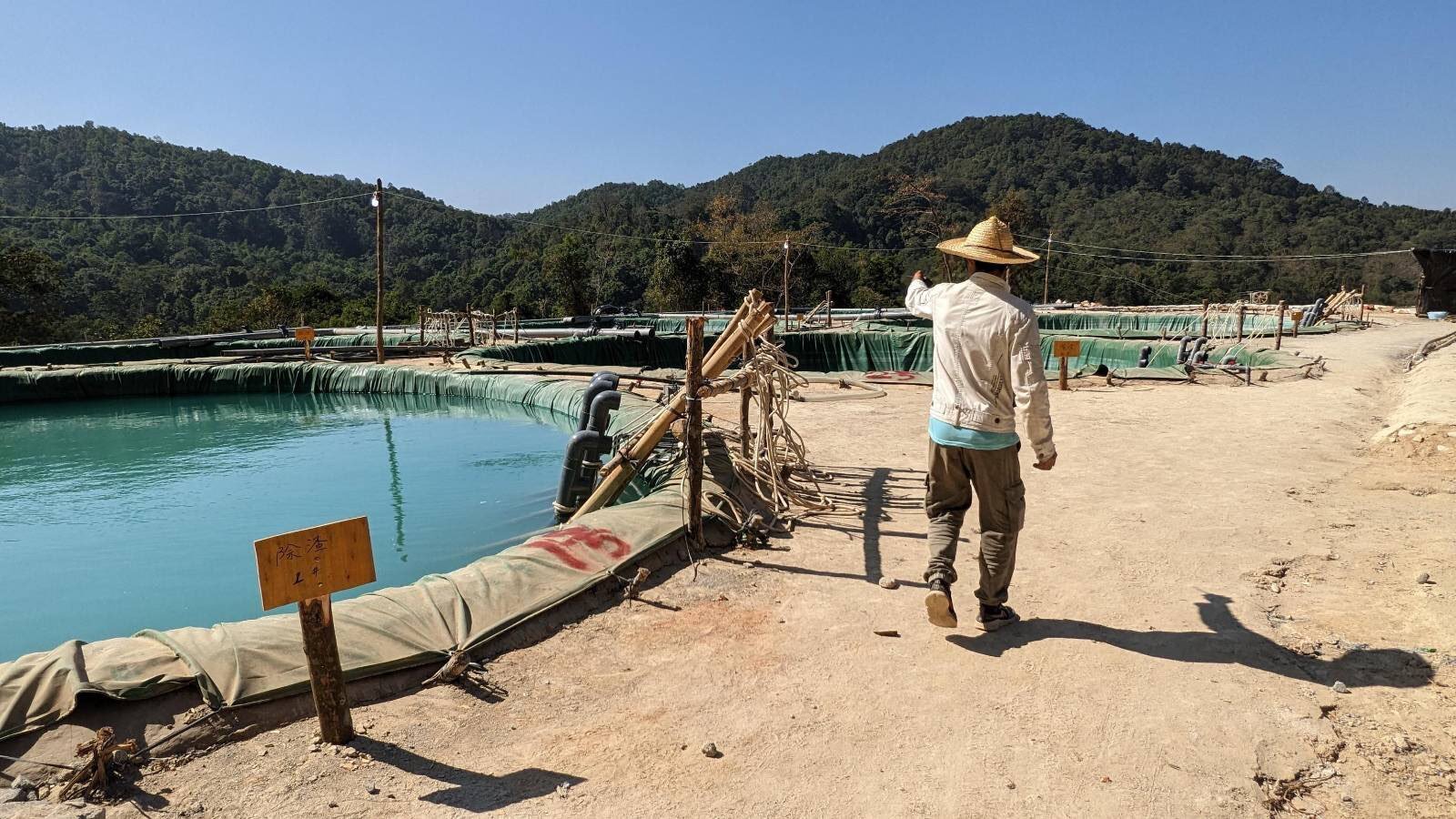Myanmar Rare Earth Boom: A Green Energy Crisis in the Making
Discover how Myanmar rare earth mining boom is fueling the global green energy transition—while causing environmental destruction, health crises, and human rights concerns in Kachin State.
As the global demand for electric vehicles (EVs) and renewable energy technologies surges, so does the need for heavy rare earth elements (HREEs)—critical components in permanent magnets used in EV motors and wind turbines. Myanmar, particularly its Kachin State, has become a significant source of these minerals, supplying over 41,700 tones of HREEs to China in 2023 alone, more than double China’s domestic mining quota.
However, this rapid expansion comes at a steep cost. Unregulated mining practices, especially the in-situ leaching method involving toxic chemicals like ammonium sulphate and oxalic acid, have led to severe environmental degradation. Local communities report contaminated water sources, loss of aquatic life, and health issues among workers, including skin conditions and gastrointestinal problems.
The political landscape further complicates the situation. Following the 2021 military coup, control over mining regions has been contested between the military junta and ethnic armed groups like the Kachin Independence Organization (KIO). While the KIO claims to enforce environmental safeguards, evidence suggests a lack of effective regulation across the board.

Internationally, companies relying on HREEs face scrutiny over their supply chains. Major firms, including Tesla and Volkswagen, have been linked to suppliers sourcing from Myanmar, raising concerns about environmental and human rights implications. Although some companies assert that their materials come from recycled sources, industry analyses indicate that such recycling often involves manufacturing byproducts rather than end-of-life products, offering limited mitigation of the associated risks. Global Witness
In response, Global Witness recommends that companies:
Halt sourcing HREEs from Myanmar until responsible mining practices are established.
Implement rigorous supply chain due diligence aligned with OECD guidelines.
Invest in alternative technologies that reduce reliance on HREEs.
For governments and investors, the call is to enforce stricter regulations, ensure transparency, and hold entities accountable for environmental and human rights standards.
As the world transitions to greener technologies, it’s imperative to ensure that the path forward doesn’t compromise the health of communities and ecosystems. Myanmar rare earth boom serves as a cautionary tale of the unintended consequences of the green energy revolution.
















Post Comment